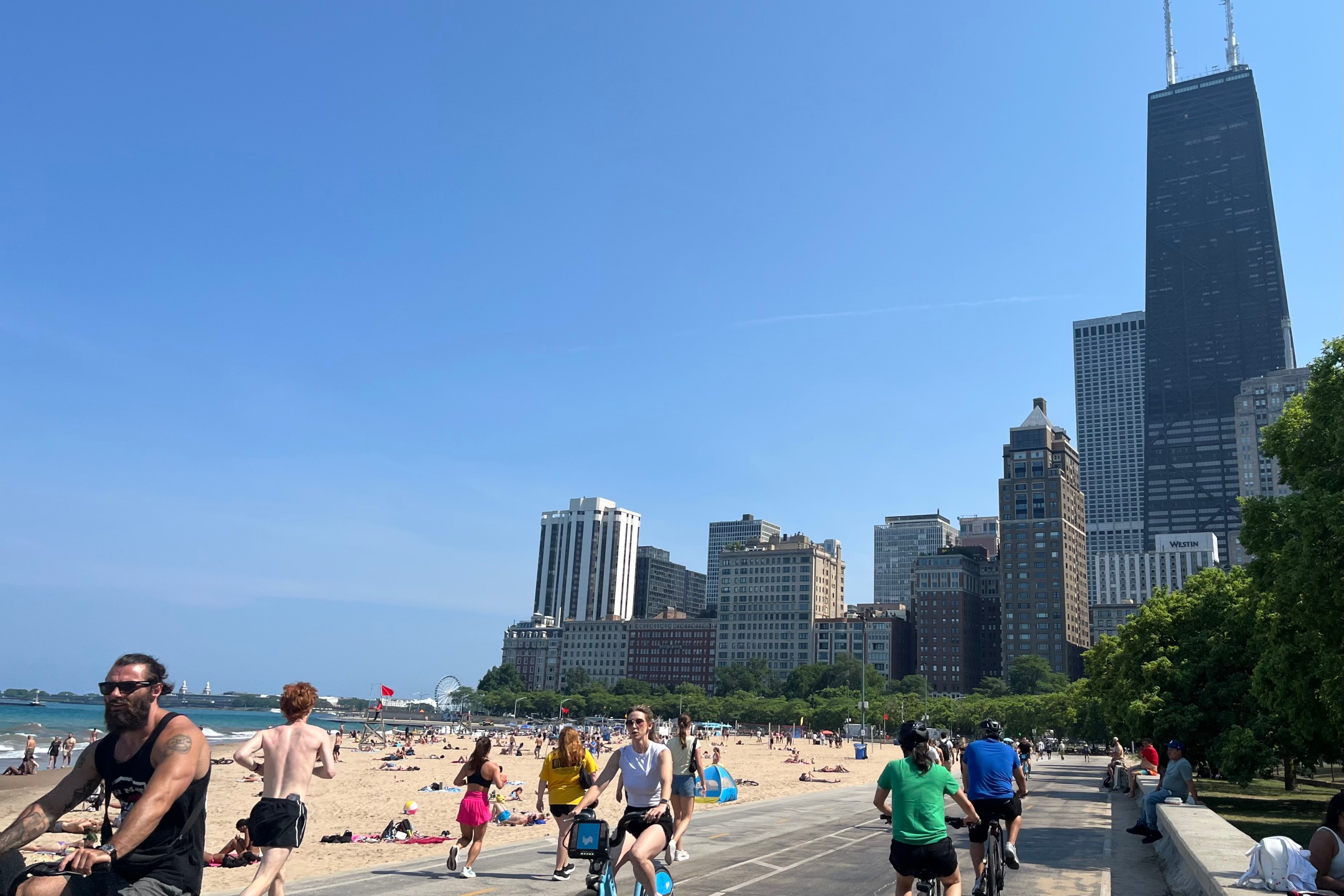Governors of the states surrounding the Great Lakes are considering a water policy case with big implications for land development throughout the Midwest.

Waukesha, Wisconsin, a sprawling suburban area outside Milwaukee, has exhausted its water resources. Rather than cooperate with the city of Milwaukee to secure water, Waukesha spent years preparing an application to divert water from Lake Michigan. Waukesha needs permission from the states and provinces that signed the Great Lakes Compact, a 2008 agreement to protect the world's largest freshwater source from being pillaged.
James Rowen at the Political Environment has been following the case for years. He says at least one aspect of Waukesha's application -- the part that would use Lake Michigan water to fuel more sprawling greenfield development -- looks DOA:
Decision-making officials from eight Great Lakes states and advisers from two Canadian provinces reviewing Waukesha's request for a precedent-setting diversion of water from Lake Michigan -- an application that took years to write and large sums of staff and consulting time to prepare, and which Scott Walker's DNR had said was up to snuff -- have chopped from the application the so-called expanded service territory beyond Waukesha's municipal borders and into neighboring communities which had bumped up the diversion's daily demand and its underlying controversy.
Big surprise, as I'd pointed out the obvious nearly six years ago:
The weakest link in the application - - and what will raise questions all the way from the Town of Waukesha to the City of Milwaukee, and with reviewers and regulators in all the eight Great Lakes states, is Waukesha's plan to send Lake Michigan water into parts of Pewaukee, Genesee and the Town of Waukesha.
Expanding the current service territory land mass by 80%.
That expansion -- mapped out and green-lighted by the Southeastern Wisconsin Regional Planning Commission for the Waukesha application administratively, without public review... [means] you have the application resting on the shakiest of premises, because:
Water for growth is not the goal of the Compact. Take it from a Compact expert's superb analysis, here.
Whether Waukesha will get permission to use Lake Michigan water for existing suburban areas is still undetermined. Representatives of Great Lakes states and provinces will make their final decision on Waukesha's application on June 13, according to the Milwaukee Journal Sentinel.
Elsewhere on the Network today: The Transport Politic explores how politics determine which transit riders "matter," and how that shapes the way systems are built. Mobilizing the Region marked Earth Day last week with a review of New Jersey Governor Chris Christie's terrible environmental record. And WABA explains how legislation in the DC Council offers more legal protection for cyclists hit by motorists.


